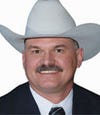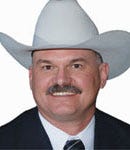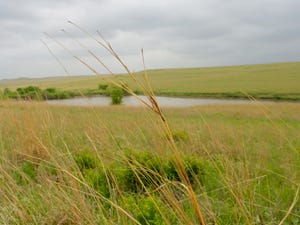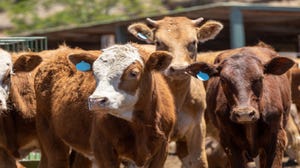All indications suggest that more government oversight in regard to antibiotic use in all livestock will continue.
February 14, 2017
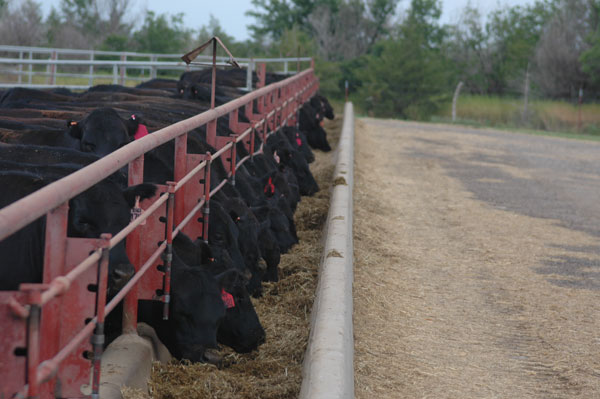
As I write this, we are just a few short days into the veterinary feed directive (VFD) coming into effect. Discussions between veterinarians have been hot with VFD questions. There seems to be a high level of angst among veterinarians and producers as we initiate the VFD, and there are still quite a few questions that remain unanswered.
This will be a year of adjustments and education for veterinarians, producers and the FDA. The desired effects of the VFD would be that producers and veterinarians will work more closely together to make better-informed decisions on animal health, reduce antibiotic use and ease consumers’ concerns. I’m going to throw a fairly wide loop and try to tie these things together.
All indications suggest that more government oversight in regard to antibiotic use in all livestock will continue. The latest FDA report on antibiotic sales shows that the trend continues to go up, not down. What does that indicate? The issue is incredibly complex.
However, tracking antibiotic sales is certainly not a metric for determining whether antibiotic resistance is increasing or decreasing.
For instance, say we have a severe drought, like the one a few years back when our nation’s cow herd dropped to 1952 levels. Would that decrease in population result in decreased antibiotic use? Or would the nutritional stress those animals are under result in a compromised immune system, leading to even more antibiotics used? Again, the complexity of the situation is huge. I’m not sure we are set up to draw any conclusions, good or bad.
To be clear, I am very supportive of reducing antibiotic use. My concern resides in the fact that the goal doesn’t seem to be defined. If antibiotic sales continue to climb, we will see even more restrictions on their use. But to what benefit? We must be able to relate it to concepts such as food safety, animal welfare and antibiotic resistance.
We have to wonder what comes next. We can be reasonably certain that current over-the-counter injectable antibiotics will soon become prescription-only. I believe there is also reason to be concerned about the future of antibiotics labeled for metaphylaxis. When properly used, metaphylaxis is an excellent tool.
However, most of the cattle that truly need a metaphylactic antibiotic have one thing in common: They have been mismanaged at some point. And this is where it should be used — on cattle that have experienced management issues beyond our control. By the same token, working with your veterinarian to better manage the health of your cattle will reduce this need. We should not use metaphylaxis for the intent of purchasing poorly prepared cattle, or for providing a “safety net” while, for example, corn harvest is finishing up.
One of the spoils of success is more challenges. Our success is in producing safe, wholesome and — also important — affordable food. One challenge is our consumers’ interest in how their food is raised. We should welcome and encourage this interest.
Another challenge that has come to my attention is food-shaming. This is the notion of parents feeling guilty because they cannot afford “natural” or “organic” foods for their children. So they must purchase what they can afford, which is conventionally raised food. Providing wholesome food for a family should not be a source of guilt.
Farmers, ranchers and veterinarians still embody a great deal of trust in the public’s eyes. We must continue to work diligently to assure them that their trust and confidence is well-placed and that their food is safe and wholesome. As government oversight expands, we must be willing to work with those officials and offer sensible guidance. The world is run by those who show up. Let’s show up.
Dave Sjeklocha, DVM, is operations manager of animal health and welfare for Cattle Empire LLC of Satanta, Kan. Reach him at [email protected].
About the Author(s)
You May Also Like
